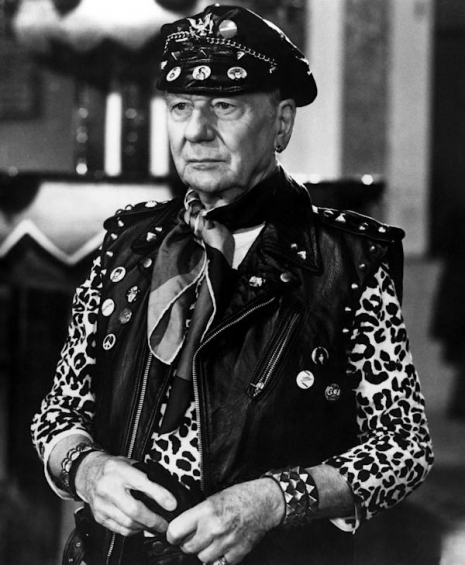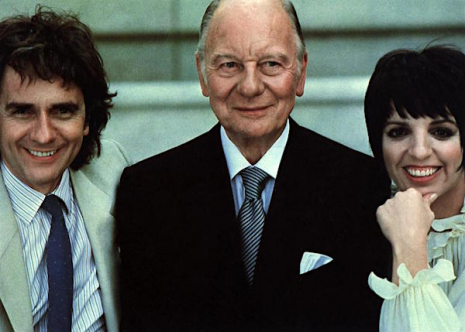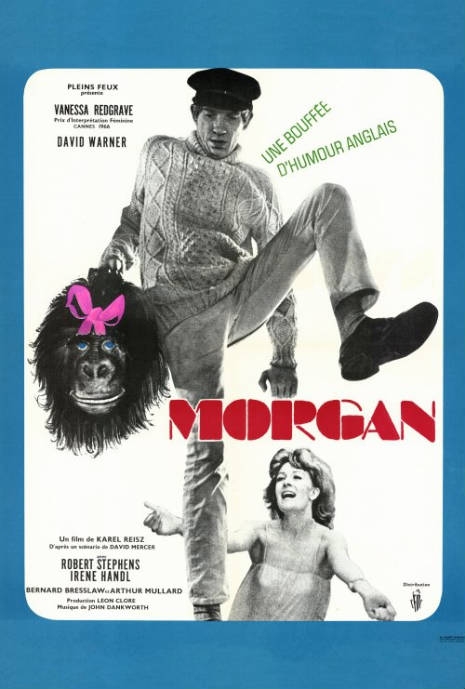
Being invested with a knighthood can have its advantages. The media will take a knight more seriously and give credence to their pronouncements no matter how inane. Financial services are generally easier to obtain. And there is the potential to be excused of questionable activities, no matter how criminal.
When the illustrious actor John Gielgud was awarded a knighthood in June 1953, he wrote to his friend Edith Evans to say that he “was very proud to be in such noble company,” and hoped to do his best and “be a credit to you all.”
Four months later, Gielgud was arrested for “importuning” an undercover police officer in a public convenience. He described this incident as a “moment of madness” that could have destroyed his career.
Gielgud waited a long time for his knighthood. He had been an international star of stage and film for over thirty years. He had starred in a record-breaking production of Hamlet on Broadway and caused a sensation in the lead of Romeo and Juliet in London’s West End. His contemporaries Laurence Olivier and Ralph Richardson had already been knighted by the time Gielgud received his honor—even though he was arguably the better, more respected and longer-serving actor. One can only assume that part of the reason for this delay came from suspicions over Gielgud’s long-time status as a well-known bachelor. This was something which had been a subject for comment and innuendo as far back as 1931, when in a eulogy to Gielgud’s performances in Romeo and Juliet and J. B. Priestley’s The Good Companions, some dignitary named Justice Langton commented that although “Mr. Gielgud [was] still unmarried” (nudge-nudge, wink, wink) he hoped the actor would “soon meet with not only a Good Nymph but a Constant Companion.”
Gielgud was gay at a time when homosexuality in Britain was punishable by a fine, or imprisonment, or chemical castration—as what happened to the code-breaking war hero Alan Turing. Gielgud was highly discreet about his sexual orientation. Not from fear of imprisonment but to avoid upsetting his mother.
In 1951, the Conservative Party won the general election and Winston Churchill was returned to office to serve his second term as Prime Minister. Churchill had high hopes for his premiership with plans to develop Britain’s “special relationship” with America and maintain the country’s position as the third major force in the world. At home, the Conservatives were preoccupied with building a new future. However, Churchill was old and his health poor. In 1953, he suffered a mini-stroke. Rather than retiring, he continued with his obligations as Prime Minister much to frustration of his deputy Anthony Eden. Under the Home Secretary David Maxwell Fyfe, 1st Earl of Kilmuir, the Tories seemed obsessed with a “plague of sodomy” which they believed gripped the country. Buggers were everywhere—or so it seemed to Fyffe. He became determined to “rid England of this male vice … this plague.” The press were encouraged to manufacture homophobic hysteria among the public by which the police could use their full force to arrest and intimidate gay men. Prosecutions for “gross indecency between men” rose by almost 500% to 5,443 under Fyffe’s charge.
The law stipulated that a man could be arrested for merely the intent of committing an act of “gross indecency.” Bars and clubs were raided, phones bugged, suspected homosexuals placed under police surveillance and officers were sent undercover to entrap men in public locations such as toilets which were known for cruising or rather cottaging.

Gielgud in his Oscar-winning role as Hobson in ‘Arthur’ with Dudley Moore and Liza Minnelli.
On the night of Tuesday October 20th, fired up by a few drinks and after a long day’s rehearsal on the play A Day by the Sea, Gielgud popped into his local public convenience on the off chance of some sex. There at the urinal lurked an undercover policeman to whom Gielgud unfortunately gave the “glad eye.” How he knew this unassuming young man was up for a bit of cock fun—one can only surmise. As the great Alan Bennett once joked, pointing percy at the porcelain for twenty minutes is a performance that merits an Oscar or a Tony—more often a Tony than an Oscar in such circumstances. Gielgud was arrested and taken to Chelsea police station where he gave his name as “Arthur Gielgud” and his occupation as “a clerk earning £1,000 a year.” He was charged with “importuning” and ordered to appear in court the following morning.
That night, Gielgud contemplated suicide. Though he reckoned his career was over, his greatest concern was the effect his arrest would have on his mother:
I thought it might kill her. She hated publicity of any kind. Thank God my father had died before that because he would never have got over it.
More dear Johnny, after the jump…






